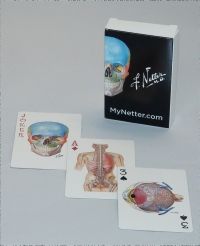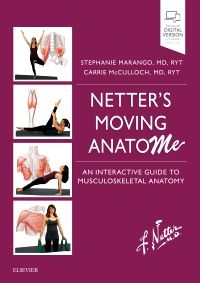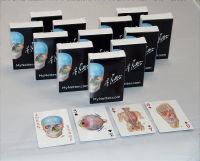The Contact Lens Manual, 4th Edition
A Practical Guide to FittingThe Contact Lens Manual continues to meet the needs of a new generation of optometrists, dispensing opticians, contact lens practitioners and students who require clear and reliable information for fitting a complete range of contact lenses.
The fourth edition of this best-selling classic, now in full colour throughout, provides the most up-to-date guidance in all aspects of today’s lenses in a practical and easy to use manual. Featuring new developments in lens types, care regimes, current practices, and electronic access to brand new video footage as well as a range of learning tools, this manual offers a complete package to help readers expand their lens knowledge, improve fitting and optimise patient care.
The Contact Lens Manual continues to meet the needs of a new generation of optometrists, dispensing opticians, contact lens practitioners and students who require clear and reliable information for fitting a complete range of contact lenses.
The fourth edition of this best-selling classic, now in full colour throughout, provides the most up-to-date guidance in all aspects of today’s lenses in a practical and easy to use manual. Featuring new developments in lens types, care regimes, current practices, and electronic access to brand new video footage as well as a range of learning tools, this manual offers a complete package to help readers expand their lens knowledge, improve fitting and optimise patient care.
New to this edition
- Features updates to all chapters and lens types with a wealth of new information on silicone hydrogels, toric soft lenses, rigid gas-permeable fitting and patient after care.
- Presents a new chapter on dry eyes with expert guidance on treatment and practical management advice.
- Includes an expanded illustration programme and page design with full colour throughout including colour-coded sections and boxes to highlight key information for easier learning.
- Electronic access to brand new video footage of lens and eye care regimes, along with over 100 clinical photographs, images from the book, simulations and calculation tools.
Key Features
Author Information














